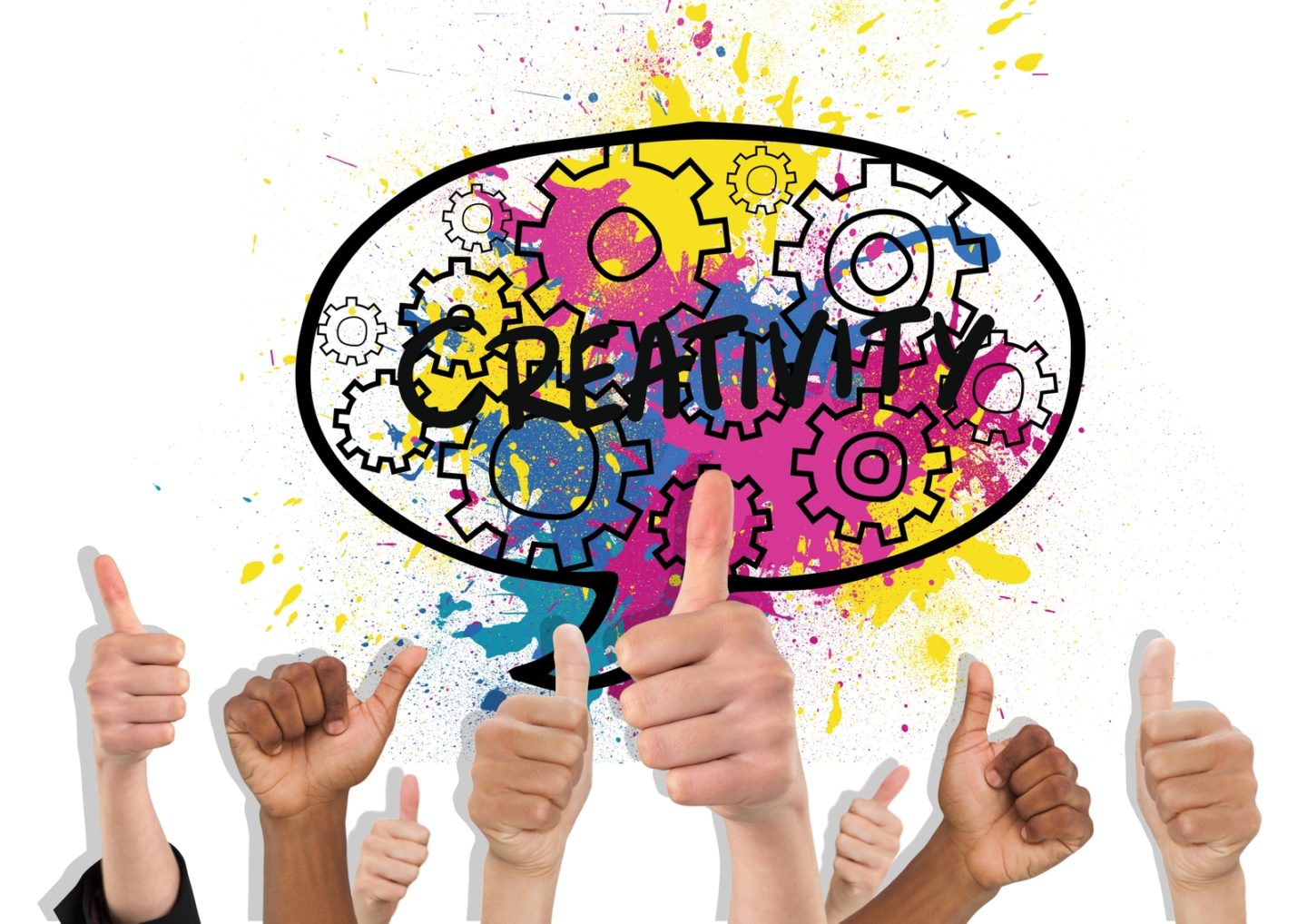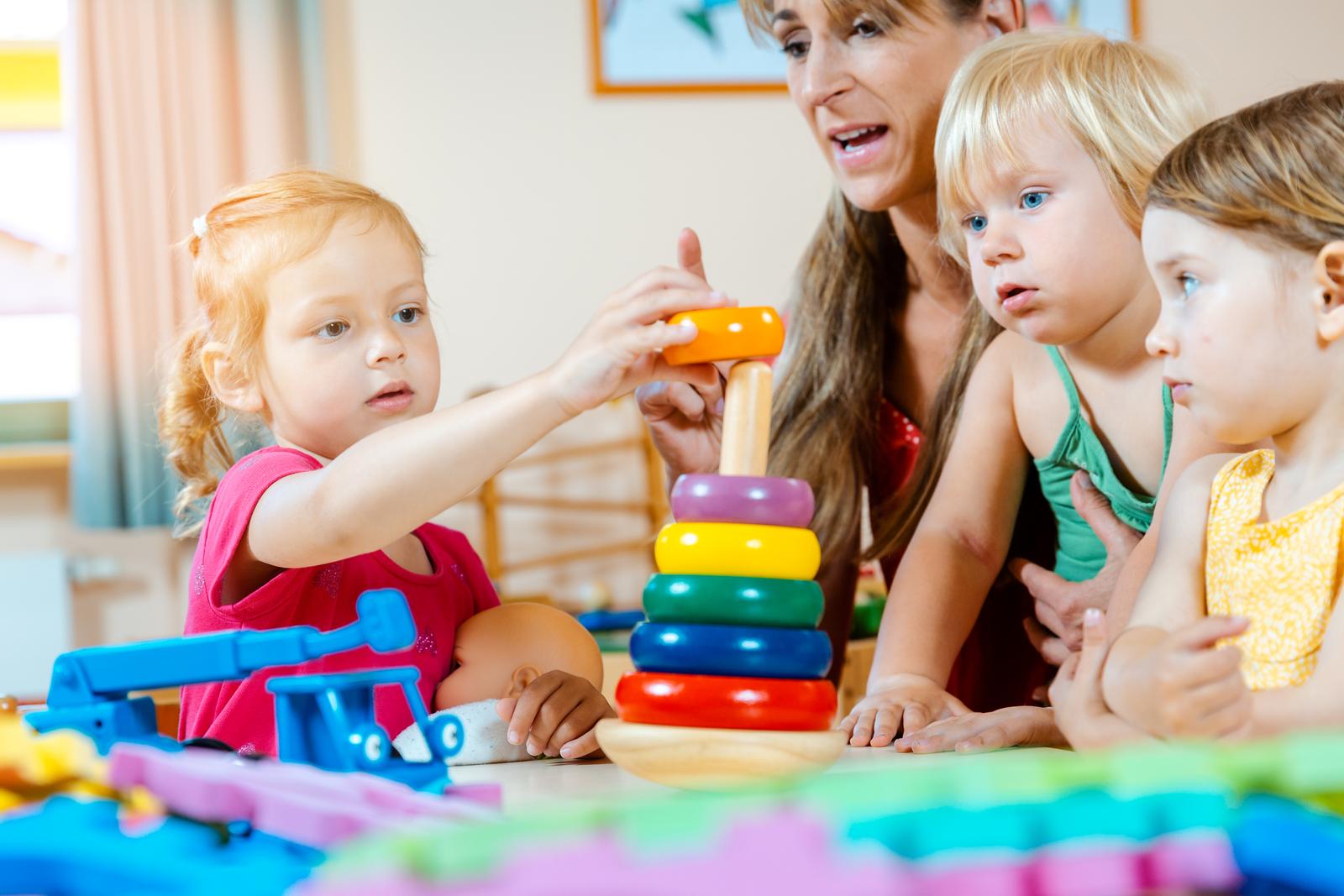When it comes to teaching your young child a new skill, you might think of the obvious things like learning their colours, numbers, and days of the week or practical skills like getting dressed or tying shoelaces.
There are plenty of other useful skills children can learn from an early age that will set them in good stead later in life. Here are some important life skills that children of all ages can benefit from learning.

Communication
Communication is a key aspect of what makes us human. It allows us to make ourselves understood, increasing the chances that our needs will be met.
It helps us to form relationships and make connections. It’s critical in educational environments that we can express ourselves clearly and that continues in the workplace, where we need to share information with others on a daily basis.
Early childhood has been proven to be crucial for language acquisition, with research consistently showing that babies whose caregivers talk to them during the early months of their life have improved language skills.
Not only that but childhood is also the ideal time for children to learn a second language.

Problem Solving
Problem-solving is a life skill we all need and use in everyday life and there are ways you can boost your child’s problem-solving capabilities, even when they’re very young.
Allowing them time to figure things out for themselves and not swooping in with answers gives them the chance to develop their own strategies for working through issues.
For example, allowing them to dress themselves in the morning, build a tower out of blocks, do crafts or play games like chess.

Using Technology
Children are exposed to technology at a much younger age than previous generations and although some parents worry about managing screen time and the dangers of social media.
There are a lot of positive things to be said for age-appropriate early exposure to technology and educational electronics. Using technology from a young age has a wide range of benefits for children.
Including independent research skills, critical-thinking skills, hand-eye coordination, and improved language skills.

Creativity
Creativity is hugely important and is something you can foster in children from a very young age.
Even when they are babies, you can engage children in creative play and share the joy of books, nature, and music.
Other ways to boost your child’s creativity, include asking questions that will get them thinking creatively.
Questions that start with “What if…?” or “Why?” will encourage them to think outside the box with their answers.
Leaving plenty of time for unstructured free play is another way to encourage creativity as is encouraging your child to take creative risks, such as drawing something new, picking up a musical instrument they haven’t played before, or auditioning for a part in the school play.
